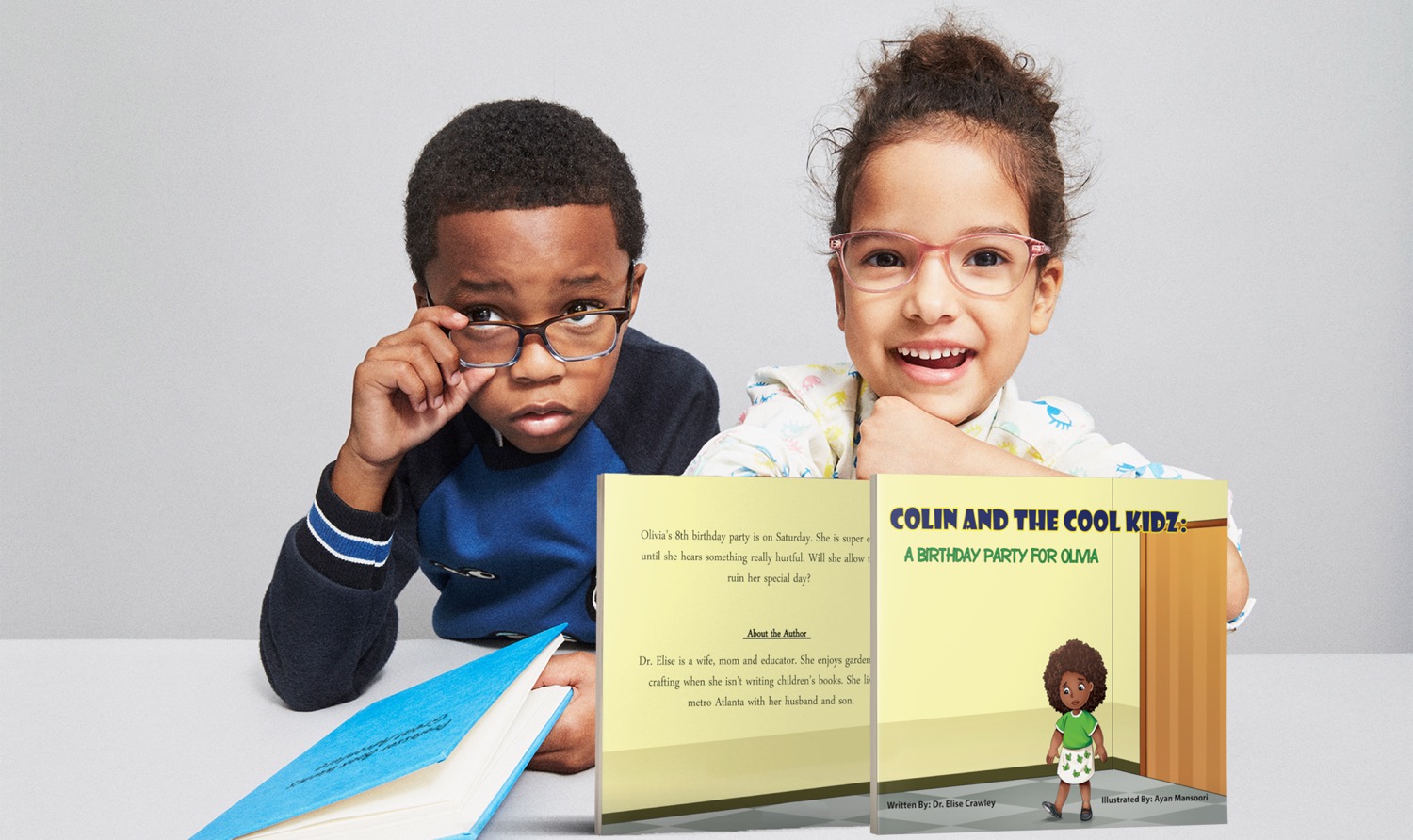Tuesday's Tip: 5 IEP Curriculums - #5 Behavior
- Dashonera Crawley
- Apr 12, 2022
- 2 min read
BEHAVIORAL CURRICULUM
The last of the five curriculums you will find in an IEP is that for behavior. The behavior curriculum is implemented when a scholar’s behavior impedes the scholar’s learning or that of others. When this occurs the IEP team must consider the use of positive behavioral interventions and supports, and other strategies, to address a broad base of behaviors. This includes the major goal of any Social Emotional Learning (SEL) behavioral curriculum - the development of healthy, happy scholars that develop into independent productive adults:
Improved academic (functional or age appropriate) achievement
Increased self-determination and happiness
Improved health
Emotional literacy and well-being
Improved self-control, & problem-solving skills
Healthy relationships
Social Cognition and skills in societal, hidden or covert curriculum
Competitive workforce preparation
Post-secondary education preparation
Independent living and citizenship skills
Coping with anger / Self-regulation
Conflict resolution
Developing friendships
Keeping oneself safe, and
Cultural acceptance
The IEP team may document how behavior is being addressed in three ways:
Goals and Objectives – measure the change of current behavior and replacement behavior which is being addressed.
Special Factors, Supplementary Aids and Assessments
Noting modifications in their program, support for their teachers, and any related services necessary to achieve those behavioral goals.
Functional Behavior Assessment (FBA) and Positive Behavior Support Plan
If the scholar needs a behavior intervention plan to improve learning and socialization, the behavior intervention plan should be included in the IEP and aligned with the goals in the IEP.
IEPs must include a behavior intervention plan when the scholar’s behavior has “risen to the level of serious behavioral issues.”
IEPs can also include a behavior intervention plan for scholars whose behavior is not at that level.
The IEP must reference and make the connection that the plan exists and attach it to the IEP
A new IEP or Amendment would be required every time the plan is adjusted
If a scholar participates in a program that includes specific behavioral supports for all scholars within the program, those supports should be documented under present levels as a DEFINED program they are participating in to address behavioral concerns.
Interventions Vary Based On a Scholar's Needs
Interventions vary among specialty area. These include but aren't limited to the following:
Applied Behavioral Analysis (ABA)
Cognitive Behavior Therapy (CBT)
Dialectical Behavior Therapy (DBT)
Relationship Development Intervention (RDI)
Training and Education of Autistic and Related Communication Handicapped Children (TEACCH)
Music Therapy
Play Therapy
Animal Assisted
Registered Behavior Analyst (RBT)
Sensory Integration Therapy
Art Therapy
Anger Management
Social Emotional Learning
Behavioral chaining
Computer assisted instruction
Discrete Trial Instruction
Errorless Learning
Functional Communication Training (FCT)
Picture Exchange Communication System (PECS)
Pivotal Response Training (PRT)
Natural Language Paradigm (NLP)
Precision teaching /Fluency teaching
Lovaas Approach to Applied Behavior Analysis
Verbal Behavioral Programming
Home-based Programming Criteria
SCERTS Model (Social Communication, Emotional Regulation and Transactional Support)
The Miller Method
The Son-Rise /Options Program


Comments